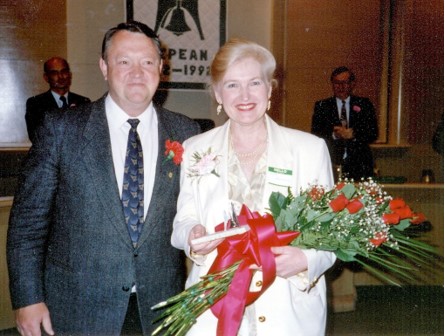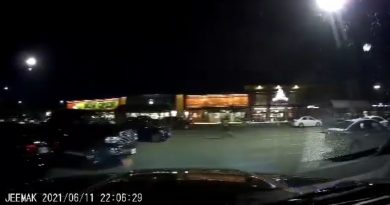Local Woman Reflects On The Horrors Of War
As May is Polish Heritage Month, local resident Alice Basarke thinks back to a certain day.
“April 14th, 1940 Is a day of infamy in my family and countless others,” she said. “On that day, the Russians carried out their second wave of ethnic cleansing, in eastern Poland.”
Between 1939 and 1945, more than six million Polish citizens lost their lives. Approximately half were ethnic Poles, while the other half were Polish Jews. Approximately 90 per cent of the deaths suffered were non-military. They were civilian targets of Nazi Germany and then the Soviet Union.
Both the Germans and the Russians wanted to control Poland. They both also wanted to ethnically cleanse the country. The German genocide was driven by racism, while the Russians were driven by Stalin’s plan to Sovietize Poland and eradicate Polish culture.
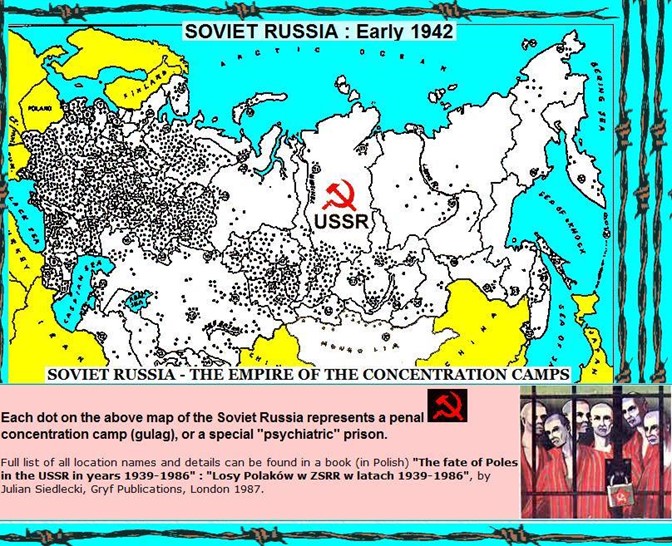
“The Russians (Soviets) sent 1.8 to 2 million Polish Citizens to Siberia during WWII in spite of the fact that Poland was an ally, fighting to defeat the German Nazis,” said Basarke. “They were ‘resettled’ into 2,800 labour camps, spanning 11 time zones deep into the Russian frontier, where more than half died due to starvation, hard physical slave labour, disease and harsh climates. When Hitler attacked Russia in June of 1941, Stalin needed the Polish deportees to help him fight off the Germans. He especially had his eyes on the Polish Military that had been exiled in 1940. He therefore granted the Polish prisoners a short window of so called amnesty. Only a relatively small number of about 150,000 managed to escape to freedom, across the Caspian Sea and into Persia.”
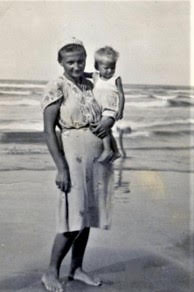
There were 6 major pogroms or deportations. The numbers given are the official numbers admitted by the Soviet Union, at that time.
On Feb., 10, 1940, 220,000 were deported from Poland. On April 14, 1940, there were 320,000 Poles deported, with most ending up in Kazakhstan, which is where Basarke’s family was sent. Another 240,000 were deported in June and July of 1940, while 300,000 were deported in June, 1941.
“Why am I telling you this now?,” asked Basarke. “There is a large Polish as well as Ukrainian Population in Canada, who all want their story told, and Putin has been recently accused of War Crimes.”
Basarke and other Polish Canadians in the area are fearful that the history they grew up with is repeating itself.
“Yes, of course Putin is guilty (of war crimes),” Basarke said. “He is not the 1st Russian leader, with great aspirations of expansion. This is a pattern of their Russian history. Taking young children, and brain washing them to the Russian way of thinking, was commonly practised in WWII. I personally have three young cousins, who were separated from their families in Siberia. They were taken to ‘school’ where they were taught the glories of ‘Mother Russia’. They were taught in Russian, and forbidden to speak their own language. Only Russian holidays were celebrated, with special foods, desserts and sweets. No Christian or any other holiday was recognised. For me, this war with Putin is personal.”
The Soviets encouraged violence against Poles and it estimated that 350,000 Poles died under Soviet occupation. An additional 100,000 Poles were killed in 1943-44 in Ukraine, along with 500,000 Ukrainians and Belarusians.
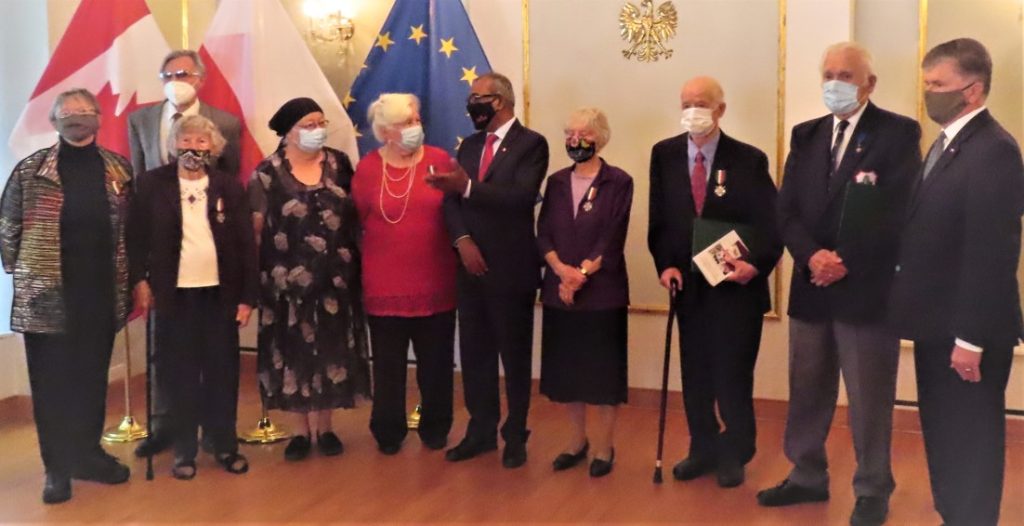
“Today, Poland is being lauded internationally for helping Ukrainian refugees,” said Basarke. “ The Polish people have opened their doors, providing food, clothing and shelter to millions. Fund raising is a never-ending endeavour. I have a cousin, who every second week-end loads up his car with collected food and clothing and drives 600 km to the border, where he gives away whatever he has to collected, to those who need it. He then offers rides to any refugees, who want to get away as far as possible from that border. There are many Ukrainians with friends and family in other parts of Europe. They are desperately trying to make contact, hoping for help. It seems to me that Poland has done far more than anyone could expect of it. This has been going on a long time. Why do they do it? Where do they find the strength to continue? A relative of mine has said that we all know how the Russians operate. If Ukraine should fall (God forbid) Poland without a doubt, will be next.”
Basarke said it’s important that people know about the history that she lived through.
“And so, as I recall April 14, 1940, and all that my family had to suffer, this business of Russia attacking Ukraine comes into focus,” she said. “It has all been done before. It is a bitter pill to swallow, but history repeats itself, again and again. Little children still disappear and go through brain washing. We cannot sit on the sidelines and say nothing.
“It is time that the World must wake up to all these atrocities, which Russia has kept hidden, all these years. Hitler was a demon. Stalin was no better.”
Featured Image: Nepean Mayor Ben Franklin presented Alice Basarke with the 1992 Nepean Citizen of the Year Award.

